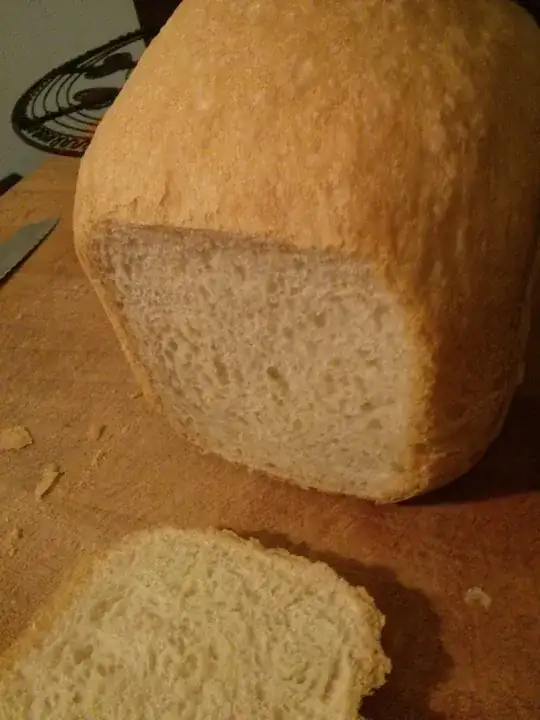I've been doing a lot of yeast bread baking as of late and I got to wondering what the salt in the bread was for. Upon doing some research it turns out (aside from perhaps some flavor) the purpose is to "Control" the yeast during the rise. This got me to wondering if it was possible to make a yeast bread with no salt at all. My first attempt was met with defeat, and upon some more experimentation I was able to get the salt down 75% with success. Its the last 25% that alludes me.
Is it possible to make a yeast bread with no salt?
